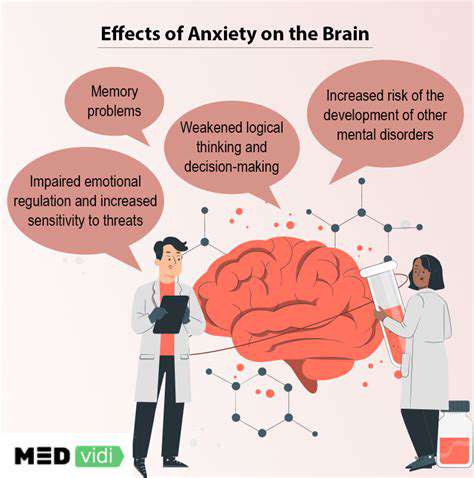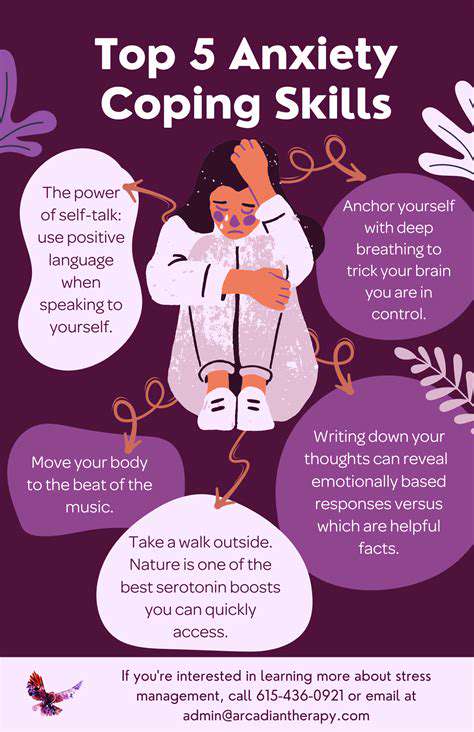Understanding Stress Induced Anxiety and Its Effects
The Complex Relationship Between Stress and Anxiety
Understanding the Underlying Mechanisms
While people often confuse stress with anxiety, these two experiences differ in important ways yet remain deeply connected. At its core, stress represents our body's natural reaction to perceived dangers or pressures. This automatic response, governed by our fight-or-flight instincts, evolved as a vital survival mechanism. However, when stress becomes constant or overwhelming, it can throw our entire system out of balance, creating ripple effects that damage both mental and physical health. To truly address these issues, we must examine how hormones, brain chemicals, and specific brain regions interact during these responses.
Anxiety typically involves more prolonged feelings of worry or dread that may persist even without immediate threats. Stress can certainly spark anxiety, but anxiety often exists as its own ongoing state of unease. The biological roots of anxiety involve intricate relationships between chemical messengers like norepinephrine and serotonin, particularly in brain areas such as the amygdala and hippocampus. Mapping these neurological connections and understanding their emotional consequences proves essential for creating effective treatments.
The Intertwined Nature of Stress and Anxiety
Stress and anxiety don't simply follow a straightforward cause-and-effect pattern - they engage in a complex dance where each can intensify the other. Ongoing stress makes people more prone to anxiety disorders because the continual activation of stress pathways can dull the brain's natural anxiety controls. This heightened alertness may cause individuals to react with anxiety to even small stressors. On the flip side, persistent anxiety can lead to stress-related health issues including chronic tiredness, sleep disturbances, and gastrointestinal problems.
Managing the Impact of Stress and Anxiety
Addressing stress and anxiety effectively demands a comprehensive strategy that considers both body and mind. Simple lifestyle changes - consistent physical activity, nutritious eating habits, and proper rest - can dramatically lower stress and help manage anxiety. Relaxation methods like meditation, controlled breathing, and mindfulness training can foster tranquility and better emotional control. Seeking professional support through therapy provides personalized understanding of stress and anxiety triggers while developing customized coping approaches. Recognizing how stress and anxiety interact forms the crucial foundation for building resilience and enhancing overall health.

